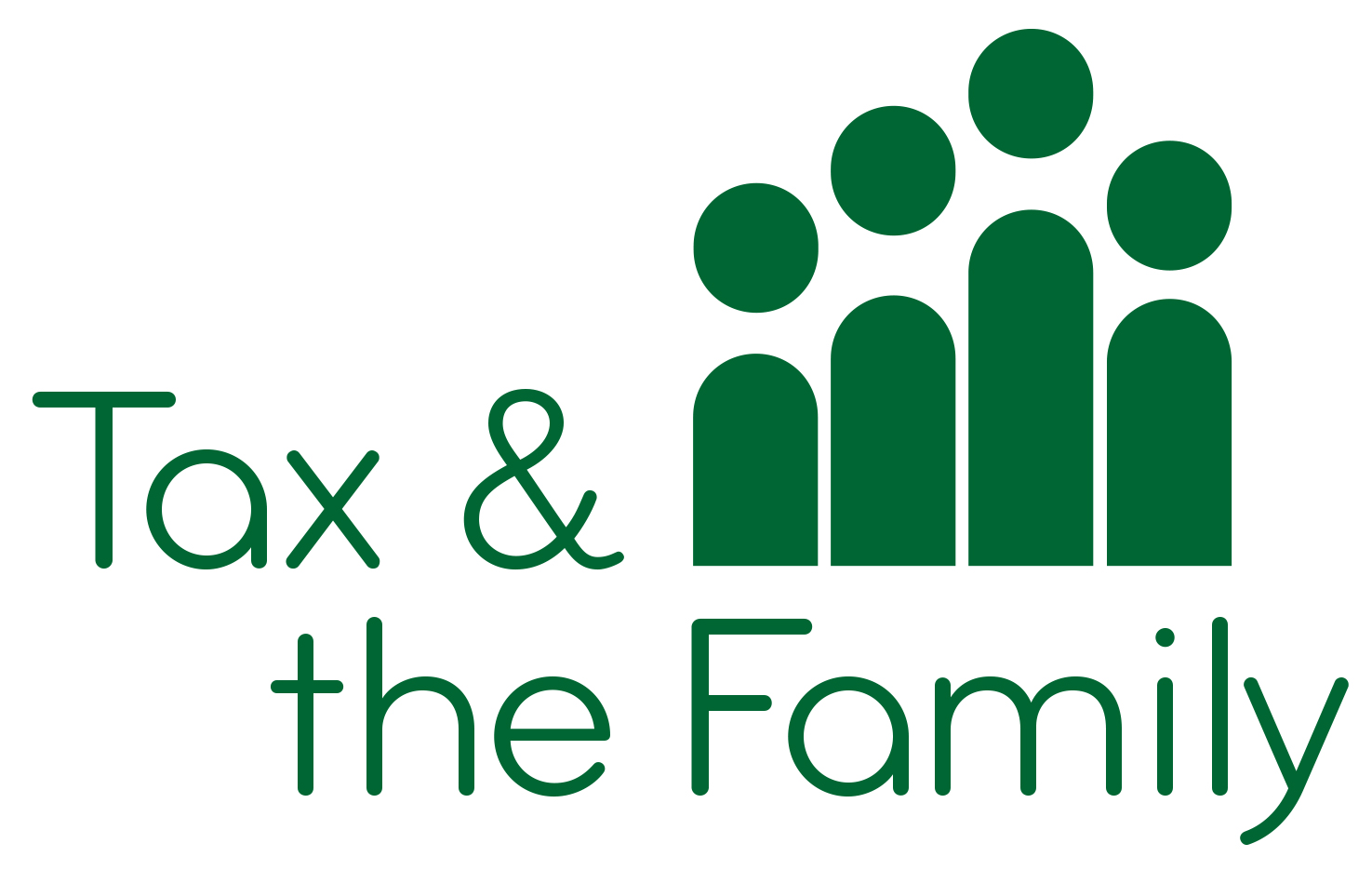Bishops letter to the Times
In a letter to The Times, published on 6 April, sixty Church of England Bishops and other religious leaders called on the Government to scrap the two child benefit cap. Tax and the Family shares the Bishops’ concern and agrees that the Chancellor should reverse his predecessor’s policy on the matter.
Unless there are special circumstances, from 6 April 2017 the Child Tax Credit has been available for two children only. The two-child rule also applies to Universal Credit. If a family already has two or more children, any subsequent children born on or after 6 April 2017 will not be eligible. Families can still receive a child element for more than two children if the children were born before 6 April 2017. The two-child rule does not apply to Child Benefit.
The Bishops say that the tax and universal credit two-child rule is making it harder for parents to achieve a stable and resilient family life. Most of those affected will be low earning working families. The policy is expected to tip an extra 200,000 children into poverty. It is a grave concern, they say, that some mothers will face an invidious choice between poverty and an unplanned pregnancy.
Tax and the Family shares the Bishops’ concerns. The credit system cannot be looked at in isolation from the tax system. Families were disadvantaged by the switch to independent taxation in 1990. Tax credits were seen as complementing the income tax system and not as stand alone benefits. This is why they were called tax credits and have been treated as tax reliefs in the national accounts to the extent that they do not exceed tax payments. As the Treasury explained in 2002[1] when tax credits were introduced, the tax system was poor at recognising families’ circumstances. For almost a generation, there had been no proper recognition of children in the tax system. It had, they said, failed to help families balance their work and caring commitments. Tax Credits and their successor, Universal Credit, were intended to make good this defect. They should not therefore we looked at solely as welfare payments.
On the Today programme the argument put to the Bishop of Manchester was that children are a life style choice. Why, the question was asked, should taxpayers be expected to subsidise a life style choice? This is completely to misunderstand the tax and benefit system. Most people accept that the amount of tax we pay should somehow or other be related to how well off we are. This will depend not on our individual income but rather on the income of the household. If income tax in the United Kingdom were, as it is in some other countries, related to both the taxpayer’s income and also the size and make up of the family, there would be less need for cash benefits. Until it is, cash benefits are unavoidable if the cost of maintaining the State is to be fairly shared. In this context there is no case for limiting the child element in credits to two children, or indeed, to any other number.
The Chancellor should reverse his predecessor’s decision to introduce the two child limit on credits.
[1] The Child and Working Tax Credits, HM Treasury, April 2002 p4.
